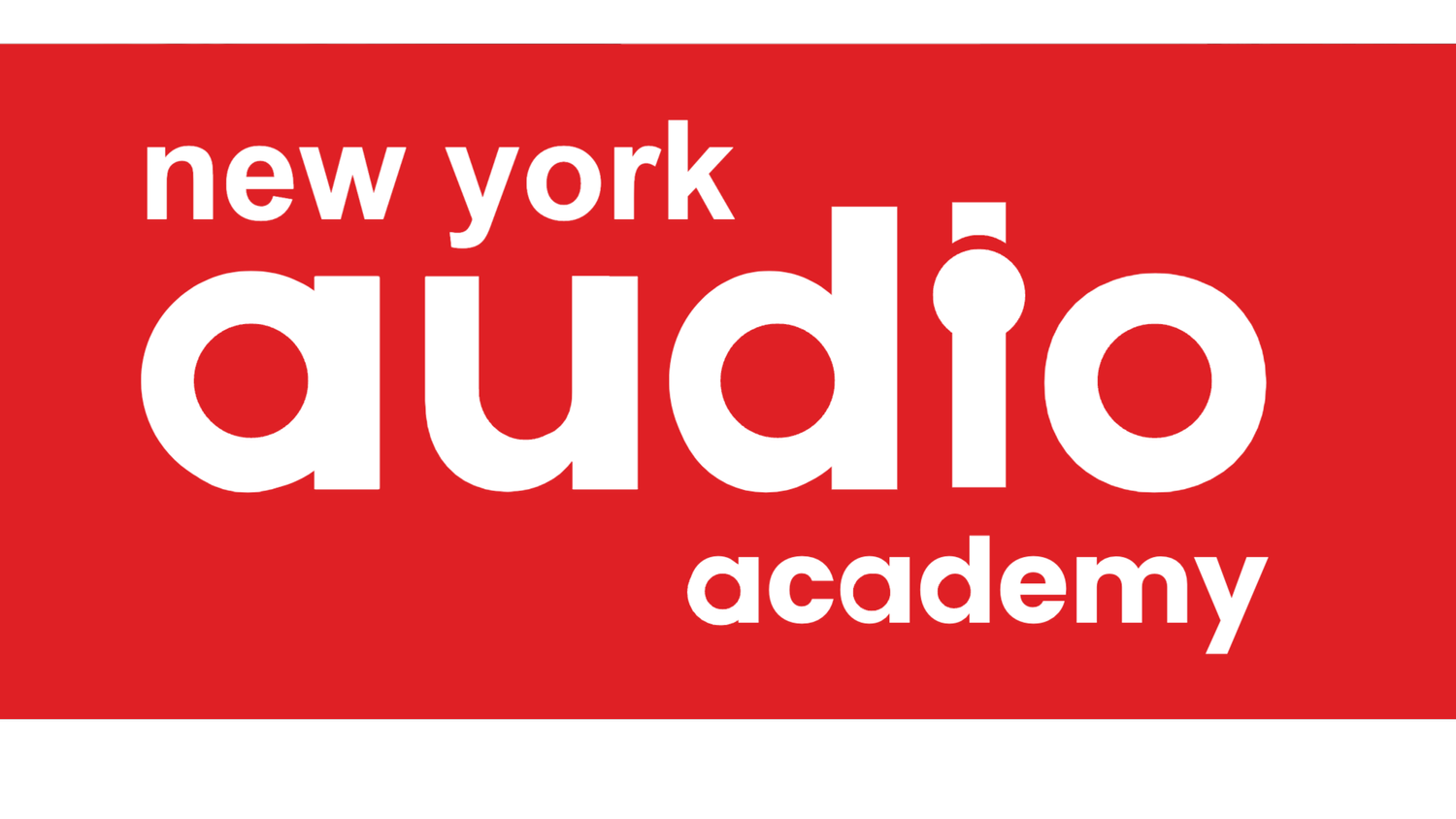Breaking into Corporate Audio: A Guide for New Audio Engineers
Corporate audio, encompassing everything from live sound for events to installing and managing audio systems in corporate settings, offers a lucrative and stable career path for audio engineers. As businesses increasingly recognize the importance of high-quality sound for presentations, conferences, and multimedia content, the demand for skilled audio engineers in the corporate sector continues to grow. This blog post provides essential tips and strategies for new audio engineers looking to enter the corporate audio field.
Understanding Corporate Audio
Corporate audio involves more than just setting up microphones and speakers; it requires an understanding of acoustics, system integration, and often, audio-visual technologies. Engineers in this field must ensure that audio systems are clear, reliable, and easy to use, catering to the professional needs of corporate clients.
Education and Skills Development
Formal Training: While hands-on experience is invaluable, formal education in audio engineering can give you a competitive edge. Consider courses that offer specific training in sound reinforcement, acoustic design, and digital audio systems.
Certifications: Certifications can bolster your resume and demonstrate your commitment to professional development. Look into certifications from leading audio technology companies or professional associations like AVIXA (the Audiovisual and Integrated Experience Association).
Gaining Relevant Experience
Internships and Apprenticeships: Starting with an internship or apprenticeship at an AV company can provide practical experience and industry contacts. Even roles in related fields, such as live sound or broadcast audio, can be beneficial.
Freelance Projects: Taking on freelance projects can help you build a portfolio of work that demonstrates your skills in corporate audio settings. These projects might include setting up audio systems for local business events or providing sound design for corporate videos.
Networking and Professional Development
Industry Events: Attend trade shows, workshops, and seminars focused on AV technology. Events like InfoComm, organized by AVIXA, are excellent for learning about the latest industry trends and networking with professionals.
Professional Associations: Joining professional associations can provide networking opportunities, access to job listings, and resources for continuous learning. AVIXA, for instance, offers various resources for audiovisual professionals.
Building a Strong Portfolio
Document Your Work: Keep detailed records of your projects, including the challenges you faced and how you addressed them before and after recordings or videos can effectively showcase your impact on a project.
Testimonials and References: Collect testimonials and references from clients and colleagues. Positive feedback from respected sources can greatly enhance your credibility.
Marketing Yourself
Online Presence: Develop a professional online presence. A well-designed website, a LinkedIn profile, and even a professional blog can help you attract corporate clients.
Specialize: Consider specializing in a niche area of corporate audio, such as conference systems or corporate entertainment. Specialization can make you the go-to expert in that area.
Staying Ahead of Technology
Continual Learning: The technology in audio engineering is constantly evolving. Stay updated with the latest in sound technology and software to keep your skills relevant and marketable.
Innovative Solutions: Be proactive in learning about and implementing innovative audio solutions that can improve sound quality, reduce costs, or enhance user experiences in corporate settings.
Conclusion
Entering the corporate audio field as a new audio engineer requires a blend of technical skills, practical experience, and professional networking. By focusing on education, gaining relevant experience, and actively marketing your skills, you can establish a successful career in this dynamic and rewarding field. As you grow in your career, continually adapting to new technologies and industry standards will ensure that your expertise remains in high demand.
